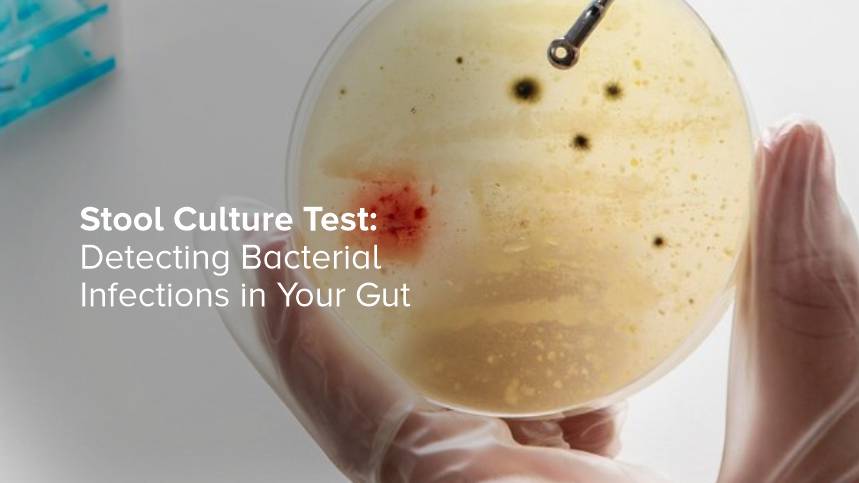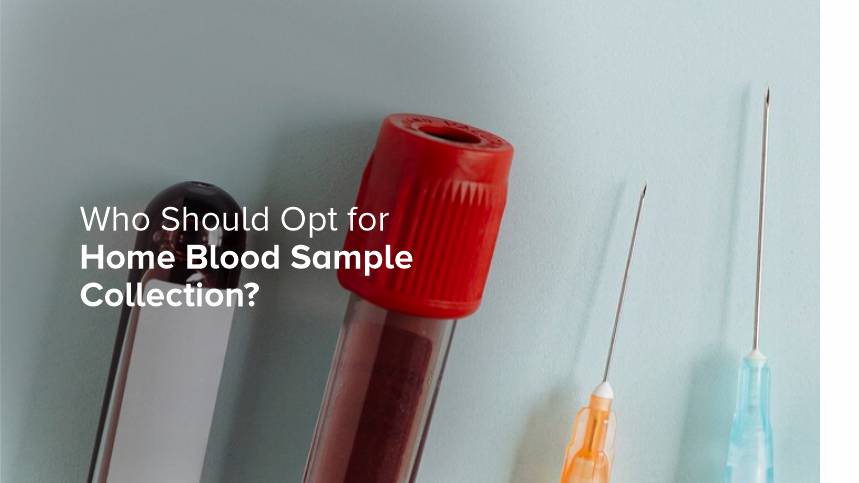


Condition
- Others
- Blood Disorders
- Top tests
- Others
- Others
- Others
- Fever
- Fever
- Blood Disorders
- Blood Disorders
- Preventive Health Checkup
- Preventive Health Checkup
- Profile
- Kidney Disease
- Kidney Disease
- Diabetes
- Diabetes
- Heart Disease & Hypertension
- Preventive Health Checkup
- Lifestyle Packages
- Thyroid Disorder
- Diabetes
- Diabetes
- Diabetes
- Diabetes
- Diabetes
- Diabetes
- Diabetes
- Top tests
- Allergy
- Top tests
- Top tests
- Top tests
- Top tests
- Diabetes
- Top tests
- Diabetes
- Top tests
- Top tests
- Top tests
- Liver Disease
- Diabetes
- Top tests
- Vitamin Deficiency
- Top tests
- Top tests
- Liver Disease
- Top tests
- Top tests
- Top tests
- Anemia
- Anemia
- Anemia
- Diabetes
- Diabetes
- Anemia
- Top tests
- Top tests
- Top tests
- Preventive Health Checkup
- Thyroid Disorder
- Heart Disease & Hypertension
- Top tests
- Preventive Health Checkup
- Diabetes
- Heart Disease & Hypertension
- Top tests
- Fever
- Allergy
- Liver Disease
- Lifestyle Packages
- Heart Disease & Hypertension
- Top tests
- Arthritis
- Top tests
- Top tests
- Heart Disease & Hypertension
- Kidney Disease
- Preventive Health Checkup
- Allergy
- Top tests
- Lifestyle Packages
- Top tests
- Kidney Disease
- Top tests
- Lifestyle Packages
- Top tests
- Preventive Health Checkup
- Preventive Health Checkup
- Top tests
- Top tests
- Vitamin Deficiency
- Allergy
- Diabetes
- Top tests
- Top tests
- Top tests
- Top tests
- Heart Disease & Hypertension
- Allergy
- Top tests
- Preventive Health Checkup
- Top tests
- Top tests
- Infertility
- Top tests
- Lifestyle Packages
- Allergy
- Diabetes
- Heart Disease & Hypertension
- Lifestyle Packages
- Preventive Health Checkup
- Preventive Health Checkup
- Top tests
- Preventive Health Checkup
- Top tests
- Diabetes
- Top tests
- Infertility
- Top tests
- Thyroid Disorder
- Top tests
- Allergy
- Preventive Health Checkup
- Vitamin Deficiency
- Top tests
- Top tests
- Infertility
- Lifestyle Packages
- Diabetes
- Liver Disease
- Kidney Disease
- Vitamin Deficiency
- Top tests
- Heart Disease & Hypertension
- Heart Disease & Hypertension
- Top tests
- Heart Disease & Hypertension
- Heart Disease & Hypertension
- Heart Disease & Hypertension
- Infertility
- Heart Disease & Hypertension
- Vitamin Deficiency
- Vitamin Deficiency
- Arthritis
- Arthritis
- Top tests
- Top tests
- Lifestyle Packages
- Preventive Health Checkup
- Lifestyle Packages
- Preventive Health Checkup
- Vitamin Deficiency
- Top tests
- Lifestyle Packages
- Lifestyle Packages
- Preventive Health Checkup
- Top tests
- Preventive Health Checkup
- Top tests
- Heart Disease & Hypertension
- Infertility
- Top tests
- Top tests
- Preventive Health Checkup
- Lifestyle Packages
- Top tests
- PCOD
- Preventive Health Checkup
- Lifestyle Packages
- Preventive Health Checkup
- Top tests
- Fever
- PCOD
- Kidney Disease
- Top tests
- Top tests
- Preventive Health Checkup
- Preventive Health Checkup
- Liver Disease
- Thyroid Disorder
- Top tests
- Heart Disease & Hypertension
- PCOD
- Top tests
- Arthritis
- Preventive Health Checkup
- Kidney Disease
- Lifestyle Packages
- Top tests
- Allergy
- Top tests
- Top tests
- Diabetes
- Thyroid Disorder
- Preventive Health Checkup
- Top tests
- Lifestyle Packages
- Preventive Health Checkup
- Top tests
- Kidney Disease
- Liver Disease
- Infertility
- Top tests
- Anemia
- Top tests
- Top tests
- Top tests
- Preventive Health Checkup
- Bone Health
- Cancer
- Fatty Liver

Tests
Home / Blog /Is a 3.97 RBC Count Low for an 18-Year-Old Male? Understanding Red Blood Cell Counts and Their Implications
Is a 3.97 RBC Count Low for an 18-Year-Old Male? Understanding Red Blood Cell Counts and Their Implications

Red blood cells (RBCs) play a vital role in the human body. They are responsible for carrying oxygen from the lungs to the rest of the body and bringing carbon dioxide back to the lungs for expulsion. Given their crucial function, it's important to understand what RBC counts mean, especially when they fall outside the normal range.
What is a Red Blood Cell (RBC) Count?
An RBC count measures the number of red blood cells present in a sample of blood. It's usually part of a complete blood count (CBC), a routine test that can provide valuable information about your overall health.
Normal RBC Count Ranges
The normal range for RBC counts varies depending on age, sex, and overall health:
- Men: 4.7 to 6.1 million cells per microliter (µL) of blood
- Women: 4.2 to 5.4 million cells/µL
- Children: 4.0 to 5.5 million cells/µL
For an 18-year-old male, falling short of the 4.7 to 6.1 million cells/µL range could be a cause for concern.
Decoding a 3.97 RBC Count
A count of 3.97 million cells/µL falls below the normal range for an adult male. But what does this mean? Here are some possibilities:
Potential Causes
- Anemia: A condition where there are not enough healthy RBCs to carry adequate oxygen to your body's tissues.
- Nutritional Deficiencies: Lack of essential nutrients like iron, vitamin B12, and folate can affect RBC production.
- Bone Marrow Issues: Conditions like aplastic anemia or bone marrow failure can result in low RBC counts.
- Chronic Diseases: Conditions such as chronic kidney disease can affect RBC production.
- Blood Loss: This could be due to trauma, surgery, or gastrointestinal bleeding.
- Genetic Disorders: Conditions like thalassemia or sickle cell anemia.
Symptoms of Low RBC Count
Some common symptoms to watch for include:
- Fatigue and weakness
- Shortness of breath
- Dizziness or light-headedness
- Pale or yellowish skin
- Rapid or irregular heartbeat
- Cold hands and feet
Diagnosing the Cause
If an RBC count of 3.97 million cells/µL is detected, further tests may be necessary to determine the underlying cause. These could include:
- Complete Blood Count (CBC): To evaluate the levels of other blood components like hemoglobin and white blood cells.
- Iron Tests: To check for iron deficiency anemia.
- Vitamin Levels: To assess levels of vitamin B12 and folate.
- Bone Marrow Biopsy: In cases where bone marrow issues are suspected.
- Additional Blood Tests: To check for underlying conditions such as chronic diseases or genetic disorders.
Treatment Options
Treatment will depend on the underlying cause of the low RBC count. Possible treatments include:
- Dietary Changes: Increasing intake of iron-rich foods, vitamins B12, and folate.
- Supplements: Iron, vitamin B12, or folate supplements.
- Medications: To stimulate RBC production or treat underlying conditions.
- Blood Transfusions: In severe cases of anemia or blood loss.
- Treatment of Underlying Conditions: Managing chronic diseases, infections, or bone marrow disorders.
Preventive Measures
Taking proactive steps can help maintain a healthy RBC count:
- Balanced Diet: Ensure your diet is rich in essential nutrients.
- Regular Check-ups: Routine blood tests can help catch issues early.
- Hydration: Proper hydration supports overall health, including blood composition.
- Exercise: Regular physical activity promotes good circulation and overall wellness.
If you or someone you know has a low RBC count accompanied by symptoms such as severe fatigue, dizziness, or shortness of breath, it's crucial to seek medical attention immediately. Early diagnosis and intervention can significantly improve outcomes.
Conclusion
A 3.97 RBC count is considered low for an 18-year-old male and warrants further investigation to determine the underlying cause. While it can be alarming, understanding the potential causes and available treatments can help you take proactive steps toward better health. Always consult with a healthcare provider for accurate diagnosis and personalized treatment options.
WANT TO BOOK HEALTH CHECKUP ?
Categories
Others
4
Blood Disorders
3
Top tests
69
Fever
4
Preventive Health Checkup
26
Profile
1
Kidney Disease
8
Diabetes
20
Heart Disease & Hypertension
15
Lifestyle Packages
15
Thyroid Disorder
5
Allergy
8
Liver Disease
6
Vitamin Deficiency
7
Anemia
5
Arthritis
4
Infertility
6
PCOD
3
Bone Health
1
Cancer
1
Fatty Liver
1
Recent Blogs
Stool Culture Test: Detecting Bacterial Infections in Your Gut
Our digestive system is home to a vast community of microorganisms—most of which are...
29-04-2025
Who Should Opt for Home Blood Sample Collection?
Convenience has become a priority in every aspect of life, including healthcare. One of...
29-04-2025
Online Lab Tests vs. Traditional Lab Tests: Which One Should You choose?
In today’s digital-first world, almost everything is available at your fingertips—from...
29-04-2025






